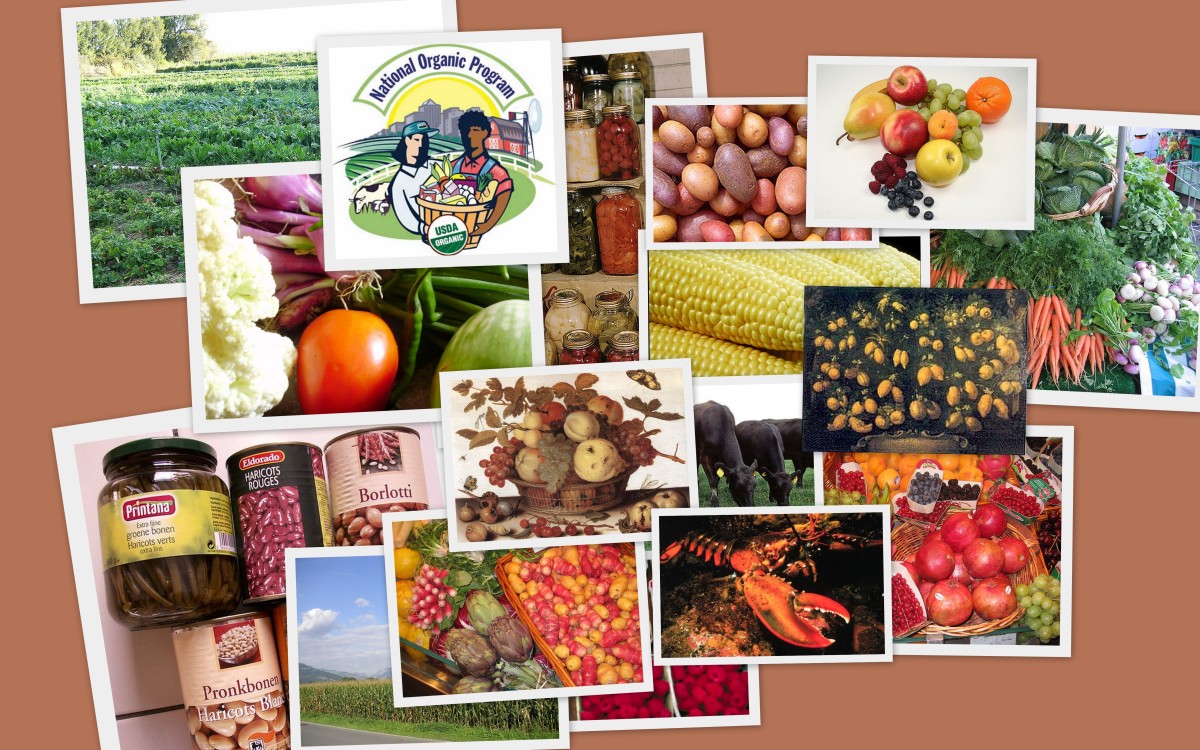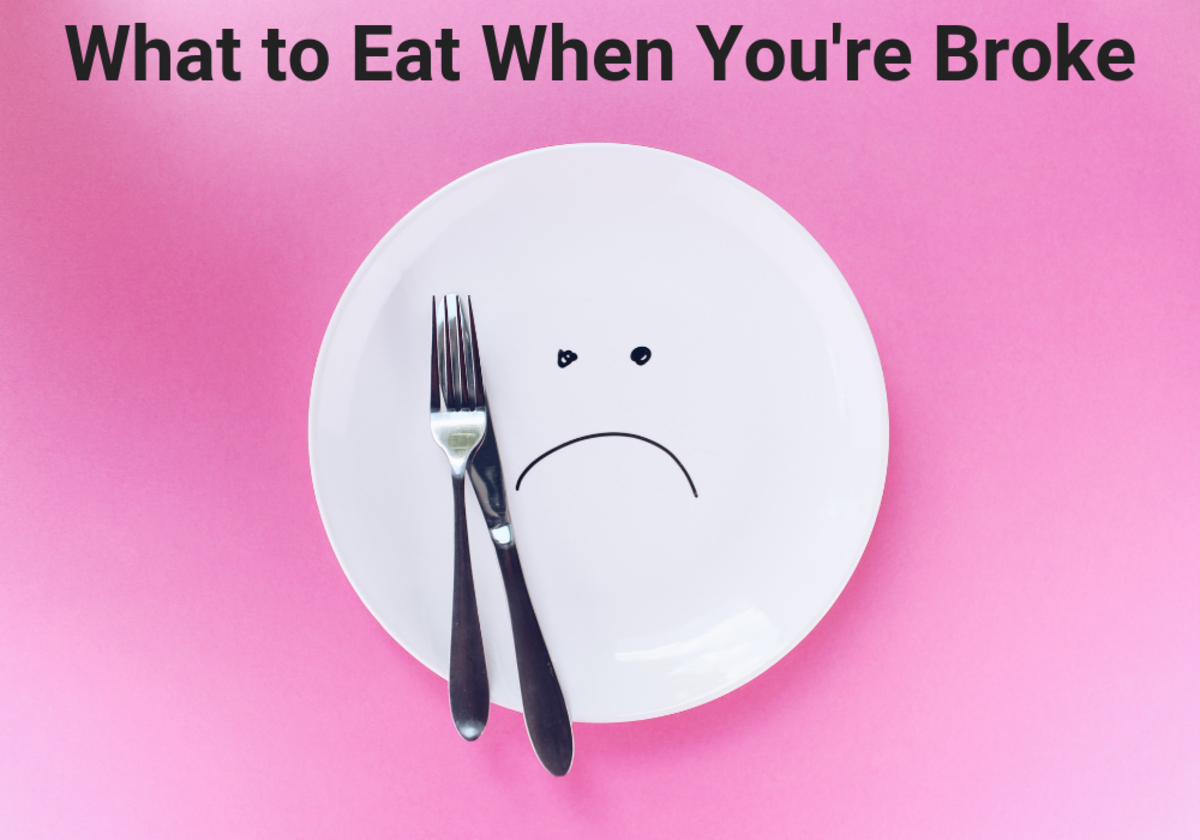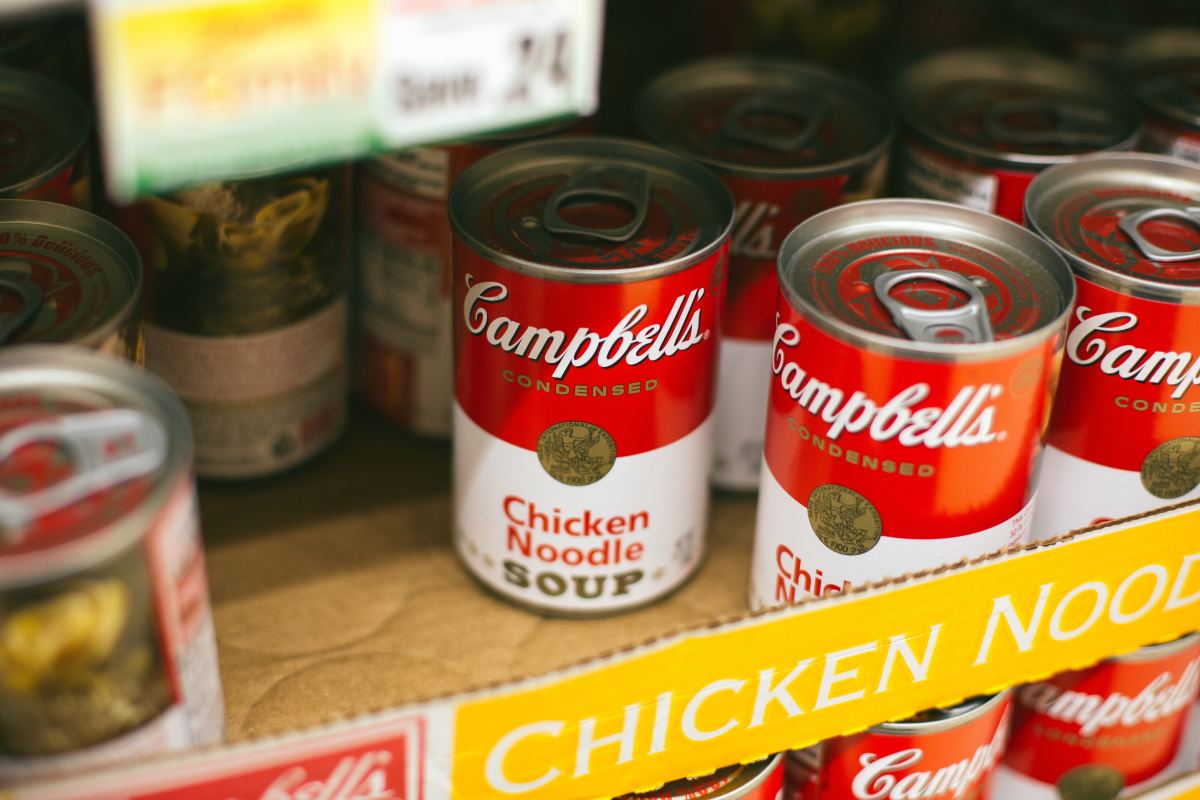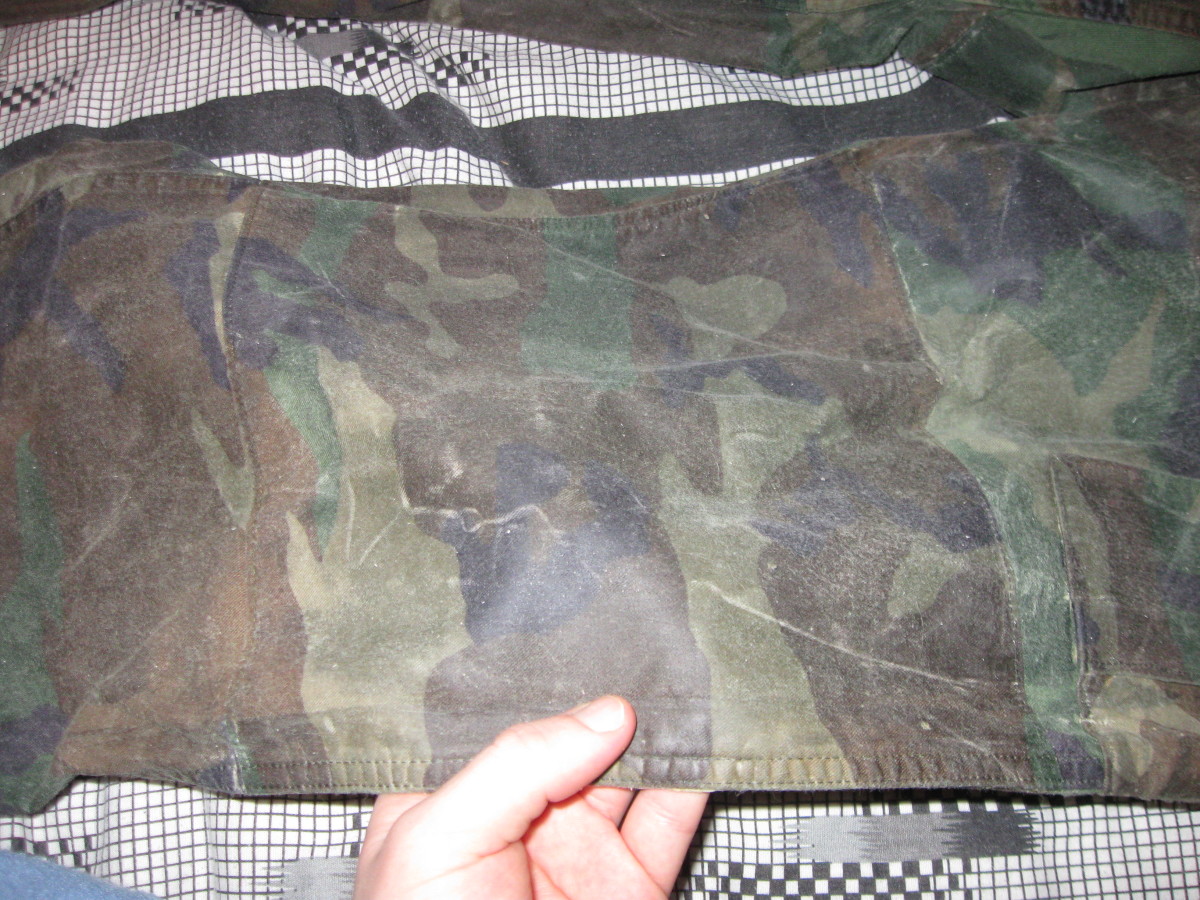Why Stockpile Food?
With grocery stores overflowing with food, drink, produce, and snacks, why would anyone consider stockpiling food? It's costly, unnecessary and just plain crazy! I will first highlight some instances in which stockpiling food would be helpful then we will discuss the fallacies against stockpiling food.
Instances in which stockpiling would be helpful:
- Storms and natural disasters
- Blackout
- Job Loss
- Inflation
- Civil Unrest
- Terrorist Activity
- Helping a neighbor
That's not a comprehensive list, but it probably covers most issues. Now, we will discuss some of the thoughts people have about stockpiling.
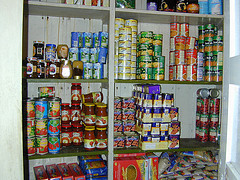
Grocery Stores Have Plenty of Food:
Grocery stores in most areas depend heavily, almost to a scary extent, on large 18 wheeled trucks to make daily deliveries to keep the shelves full. Even the slightest issue with the roadways could prove disastrous to many grocery stores. Even the thought of something bad happening sends people running to the nearest store, even convenience stores, to wipe it clean. If you live on a coastal state then you've probably seen what is left of a grocery store when a hurricane is close.
Stockpiling Food Is Costly:
While stockpiling has an increased up front cost, it actually saves you money in most instances. If you go to the store and buy a bunch of rice, you won't need to purchase more rice for a long time. What happens when you go to purchase more rice once you have run out? The price has most likely increased. Had you been buying the rice each month, you probably would have paid an increasing price. This is called "hedging against inflation" for you more economically geeky like me.
Stockpiling is Unnecessary:
This is a very common thought. The problem is it is only a half baked thought. Here is what should actually be thought: "Stockpiling is unnecessary until you need the supplies." During a hurricane, or natural disaster you will be quite happy knowing you won't be one of the people at the store fighting over the last loaf of bread or last gallon of water.
Stockpiling is Just Plain Crazy:
This ideology is unfortunately the hardest one to combat, and tends to be the more common one as well. It is tough to combat because it isn't really founded on anything except the idea that stockpiling is outside the social norm. The social norm is currently, go to the store when you need something, the store always has what you need.
The problem is that in times of disaster, this doesn't work. We have become so used to things always being there that we come to depend on it. Like I said, Grocery stores depend on large truck shipments. If something like a natural disaster happened, those trucks won't be able to make it to the store. This thought process is a dangerous one that can unfortunately lead to a lot of heartache if something bad happens that disrupts the supply chain.
Stockpiling Takes Food Away From Poorer Nations:
I'm terribly saddened by the state of many other countries and believe we are truly lucky to be in a country where we can simply go to a tap and have clean drinkable water. There are many countries that consider themselves lucky to have even a dirty source of water. While this is terrible, stockpiling food has no effect on the situation. In America we make sure that we make more food then we will need so we can export.
There have even been times where the U.S. government has paid farmers for growing food then requested that they just keep it in their silos. This was to control the price of the food. So perfectly good food sat in a silo and wasted away because price was trying to be controlled. Things like that are what affect food in poorer countries. Stockpiling food for yourself may seem selfish but it isn't if you plan on using it.
If you plan on buying and letting it go to waste then you shouldn't bother. In fact, stockpiling can help this situation if you're responsible. When you stockpile food you have to keep it in rotation so that you're using expiring items first. You can easily look at the amount of food you have, its expiration date and determine if you'll be able to use it in time. If you cannot, then donate it.
Conclusion
While there are many arguments against stockpiling food, I think that many should reconsider as it is just one more step towards preparing for anything. We are so used to everything being available now or tomorrow that it has robbed us of our need to prepare. In the event that you need to reconcile food stockpiling with Christianity you can find it in Genesis 41:17-36. I hope that I've helped to clear things up for you.

